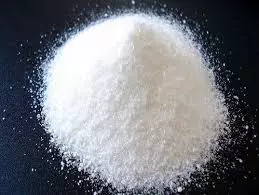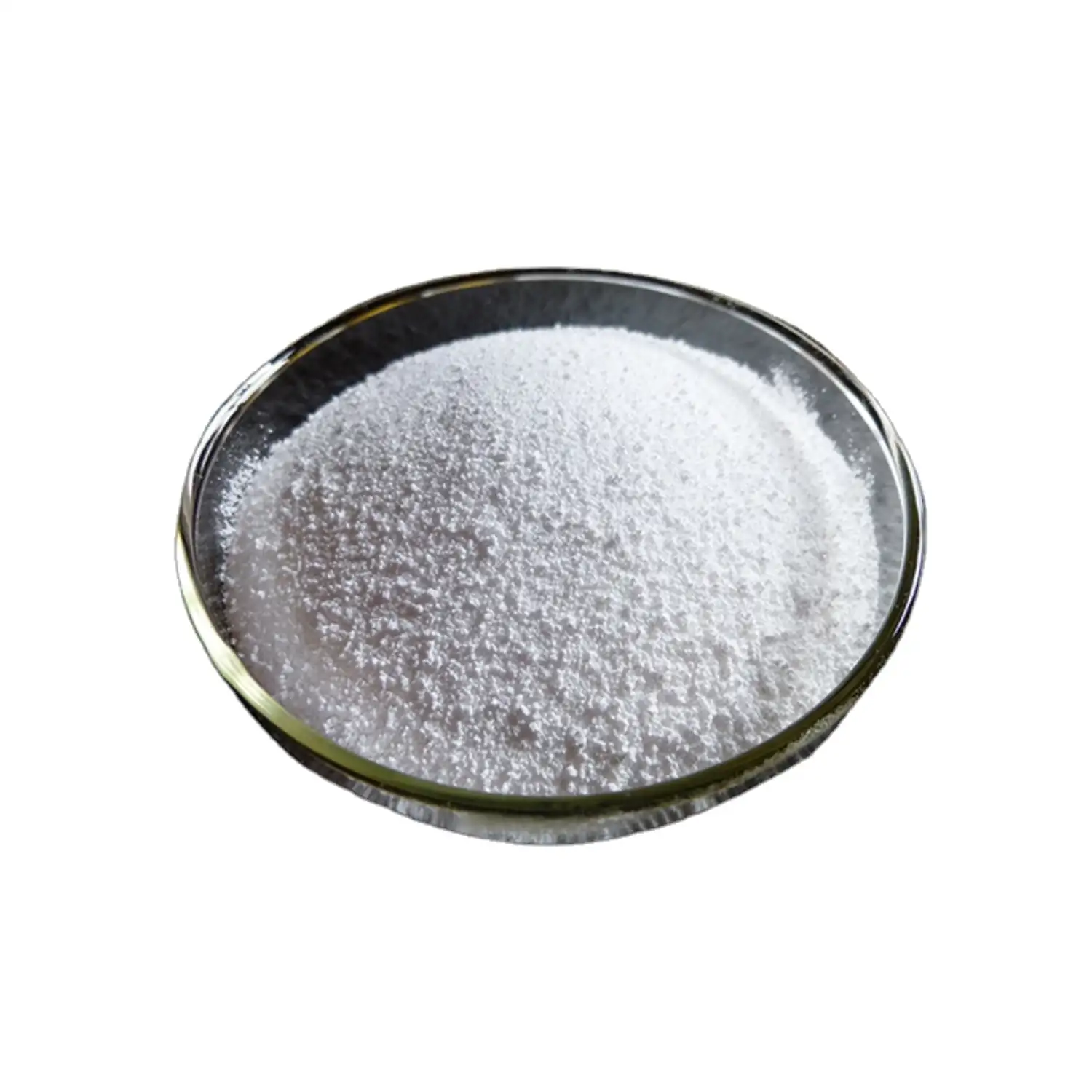Dipotassium Phosphate (Food) - Thailand
|
IUPAC Name |
: Potassium Hydrogen Phosphate |
|
Cas Number |
: 7758-11-4 |
|
HS Code |
: 2835.24.00 |
|
Formula |
: K2HPO4 |
Basic Information
|
Appearance Name |
: Fine White Powder |
|
Common Names |
: Potassium Phosphate Dibasic |
|
Packaging |
: 25 Kg PP/PE Bags |

.webp)


.webp)
